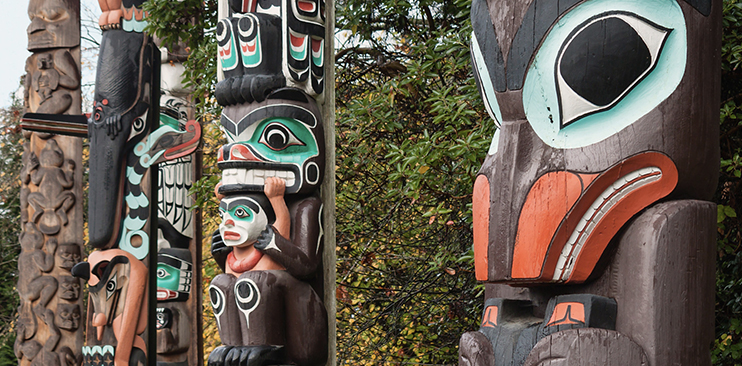However, in our focus on the disability component of the lives of people we serve we have not always seen the other aspects of their world that impacts their journey both before and after a spinal cord injury. While we have always known that income and geography play a huge role in accessing services, supplies and supports; it is time for us to understand how race, gender, religion and sexual orientation can add additional layers to recovery and life after an SCI.
We are taking time now to better inform ourselves on how equity, diversity and inclusion can be embedded into the fabric of our organization. In the coming months you will see more from us on this.
As we are focusing on the barriers people in our community face we acknowledge that one of the biggest and seemingly intractable barriers to living with an SCI in Ontario (or anywhere in Canada) is simply being indigenous. We support many clients from the First Nations and see the additional hurdles they face to receive equitable supports and services across every aspect of their lives. We believe that we as an organization can do more and we are actively taking steps to listen and learn directly from members of the indigenous community so we can better meet their needs in the ways they wish.
We have been remiss as an organization that is not consistently acknowledging and honouring the lands, the cultures and the histories of the indigenous peoples. As one small step, we have been working with our friend and colleague, Aaron Tyance to put into words our statement of commitment to all indigenous communities across our province.
As our Spinal Cord Injury Ontario community encompasses many geographies, we encourage you to find out which unceded or treaty territories you may live and work on at www.native-land.ca and reflect on what you can do to help ensure everyone with an SCI can live the life they choose in a fully inclusive Ontario.
OUR STATEMENT
“We would like to begin by acknowledging that we live and work on the traditional territories of many indigenous nations across Turtle Island. We must recognize the importance of the land and our treaty agreements – we acknowledge the ancestral and unceded territories of all Inuit, Metis and First Nations peoples.
Further, we reaffirm our commitment and responsibility to improve our own understanding of indigenous peoples – their cultures and their histories. We recognize our shared and continued responsibility to honor, respect and care for the natural world around us as it supports and grounds us every day in our journey on this land.
Let these words serve to centre our thoughts on the enduring indigenous presence and the indigenous right to self-determination while recognizing the historical and current oppression of indigenous peoples in Canada and around the world. Let us acknowledge our privilege and work together to decolonialize systems as we begin to engage in new ways of learning, being and doing. Let us build relationships that honour and uphold the voice and values of our Indigenous hosts.”


